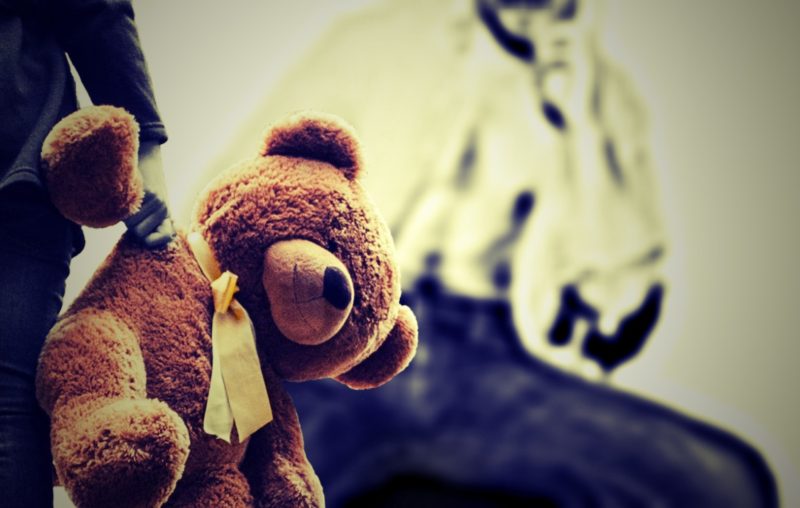Whatever shape the new Government’s promised independent inquiry into historical claims of abuse of children in state care takes, the past actions of churches, including the Catholic Church, will come under scrutiny.

Bill Kilgallon
That was the forecast in December of Bill Kilgallon, who heads the Catholic Church’s National Office for Professional Standards in this country.
A Royal Commission into historical state care abuse has since been been launched by the Government. It was announced that there is to be an independent inquiry into historical claims of abuse of children in state care.
This is with a view to learning lessons to ensure policy is changed to minimise the risk of this happening in the future.
Mr Kilgallon, who is also a member of the Pontifical Commission for the Protection of Minors, was one of the people being consulted by Government officials as the scope and limits of the inquiry were being drawn up.
He told NZ Catholic that if it is decided that the inquiry stays with looking at state care, “that will obviously also involve all those children in state care who were placed in establishments run by churches and other organisations, or placed in foster care by Catholic Social Services”.
“So even at its narrowest remit, that will involve a considerable amount of work from the Church in responding to that section — so all the orphanages, children’s homes, specialist establishments, the laundries that were run at one time.
“ . . . [W]e know from the complaints we have received over the years that there will be a significant number of people who have lived in those establishments who reported abuse.”
Mr Kilgallon said that as far as concerns churches in this regard, including the Catholic Church, “we will see a very similar pattern to Australia of abuse happening and poor leadership in responding to it”.
The Royal Commission into Institutional Responses to Sexual Abuse of Children in Australia delivered its final report to Australia’s Governor General on December 15.
Mr Kilgallon said the Church in New Zealand should not have anything to fear from the New Zealand inquiry, whatever form it takes.
“Because the inquiry [will look] at what happened, and sensible organisations learn from what happened and try to make sure it doesn’t happen again. And hopefully the Church in New Zealand will take that approach.”
He added that, in his opinion, any inquiry should not restrict its remit to sexual abuse, but should cover all forms of abuse, including physical abuse and neglect. If children are taken into care because of the situation in the home, then “they should go into something better”.
“Sadly, for a number of children, they went into something as bad or worse than they had at home.”
The announcement of a royal commission stated that a wide range of abuse would be considered.
Mr Kilgallon also noted that “particularly in New Zealand, a strong element in the inquiry team, they will need to have somebody with a very good understanding of and respect from Māori, because they are over-represented in the state care system. And that needs to be one of the focuses of the work”.
Mr Kilgallon acknowledged that survivor groups and others are arguing that the brief for the inquiry should be extended beyond state care to other institutions and settings, for example boarding schools.
“And again, if it is extended to that then that will bring into play a whole number of other organisations, including the Church, that have provided boarding schools.”
It is preferable that the inquiry focuses on abuse of children in institutions, state or others, otherwise the remit would be too broad, he said, noting that “most abuse occurs in the family, but that is a quite separate issue and is worthy of an inquiry in itself, but if you try to do both together, it is too big a task, too wide a remit”.
Mr Kilgallon said that even today there will still be many untold stories of abuse
in New Zealand.
“Various estimates would suggest that it is about something less than 10 per cent of people who have experienced abuse who actually report it.
“Sexual abuse is that sort of level. The experience is that what we see reported to us is literally the tip of the iceberg.”
“It is very important to give people the opportunity to tell of their experience. And all the research shows that for many people, it is many years after the event before they can deal with it. And something triggers it and they want to speak about it, deal with it.
“A study in Australia showed it was 33 years between the abuse and the reporting of it, in a big sample of people.”
He added that many survivors who do report what happened to them, despite the trauma frequently involved in doing so, take this action because they don’t want such abuse to be inflicted on others.
“If they see an inquiry that’s geared to making sure that we minimise the risk of that happening again, they want to do it. And so the successful inquiries have been ones where they have allowed people to come and have the choice of whether to make a public statement or a private statement.”
Mr Kilgallon said the New Zealand inquiry would also have to look at issues of redress, how abuse is reported and dealt with and “whether there is a case for having an independent service which investigates all complaints of abuse”.
“Perhaps with an ombudsman or a commissioner — there are structures in New Zealand that could be adapted to that.”
On February 1, it was announced that compensation was not within the mandate of the inquiry.

Reader Interactions